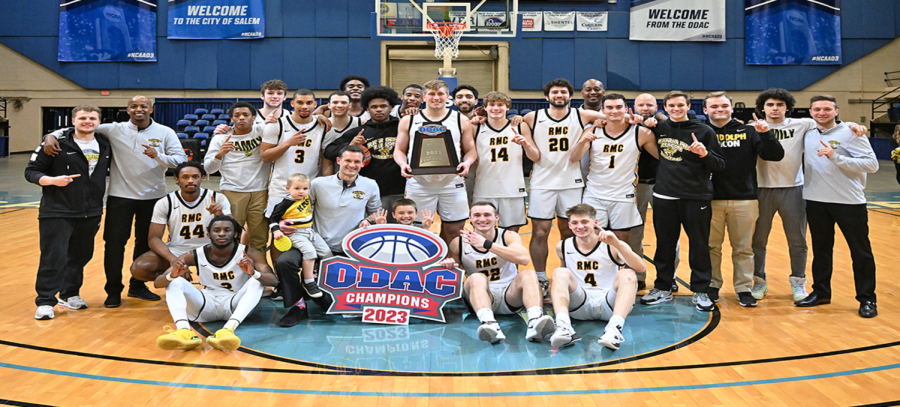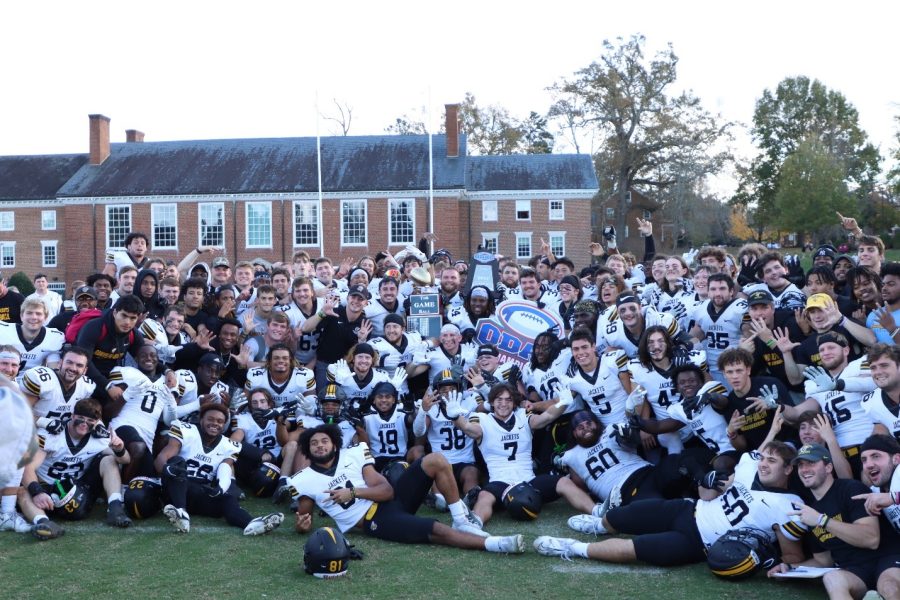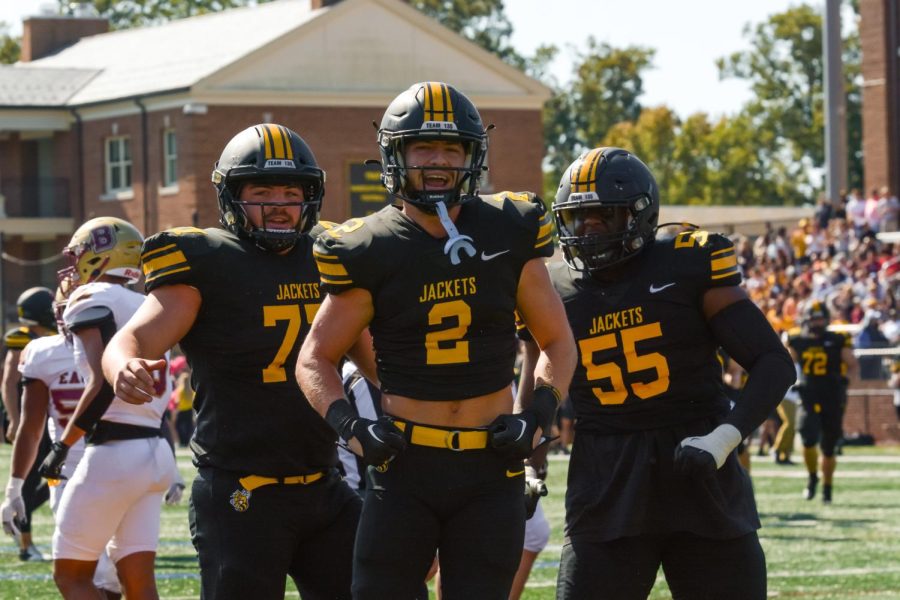Group projects often masquerade as the archetypal college experience that instills students with teamwork, collaboration, and preparation for the so-called “real world.” In theory, it sounds great. However, these assignments only reach some of what they proclaim on paper. Rather than encouraging real collaboration, group projects are often an exercise in frustration, conflict, and inefficiency. Group projects are not worth the trouble if there is one takeaway from these varied experiences.
The premise behind group projects is simple: they are meant to cultivate cooperation and equip students with skills relevant to the professional world. We are told that working alongside others will teach us to collaborate effectively, adapt to diverse working styles, and communicate clearly. Yet the reality is far from this idealized vision. Often, group projects see one or two individuals carrying the burden while the others contribute little more than flimsy excuses. If this is supposed to mirror the workplace, it’s a rather bleak preview.
In truth, group projects don’t prepare students for professional environments—they prepare us for disappointment. Group dynamics frequently collapse as deadlines approach, leaving the responsible few scrambling to complete the project. For students who genuinely care about their grades or the quality of the work, group projects become nothing more than a source of stress and frustration. It forces us to rely on others who may not be invested or willing to put in the effort, raising a serious question: why should our individual success be tied to the effort (or lack thereof) of others?
Professors often defend group projects by arguing that they simulate real-world scenarios. After all, teamwork is integral to most careers. However, the reality is that school group projects mimic the worst aspects of workplace dynamics. In academic and professional settings, you’re frequently expected to collaborate with individuals who lack initiative, struggle with communication, or don’t care. While there are at least financial incentives and consequences for poor performance in the workplace, in academic settings, group projects offer little more than an unpaid preview of office politics.
Let’s not turn a blind eye to the fact that group projects fail to teach accountability. In the workplace, those who consistently underperform can face real consequences, such as losing their jobs. In academia, however, we are often stuck with a group member content to let others shoulder the workload because they know professors rarely address the imbalance. This absence of accountability weakens the entire process and leaves students yearning for a system that promotes fairness and personal responsibility.
It’s time to face the music: though well-intentioned in theory, group projects must be updated and ultimately counterproductive in education. Often, they breed resentment and annoyance, teaching their participants that success is less about the abilities or efforts one puts into a task but more about the luck of the draw. Growing discontent acts as surefire evidence that this is an improved method of collaborative learning that is long overdue. Professors, it is about time we realize that group projects do not serve the greater good they are always thought to fulfill; in fact, they are anything but a complete waste of time.
All opinions shared in this article are the author’s own. This does not represent the organization.














